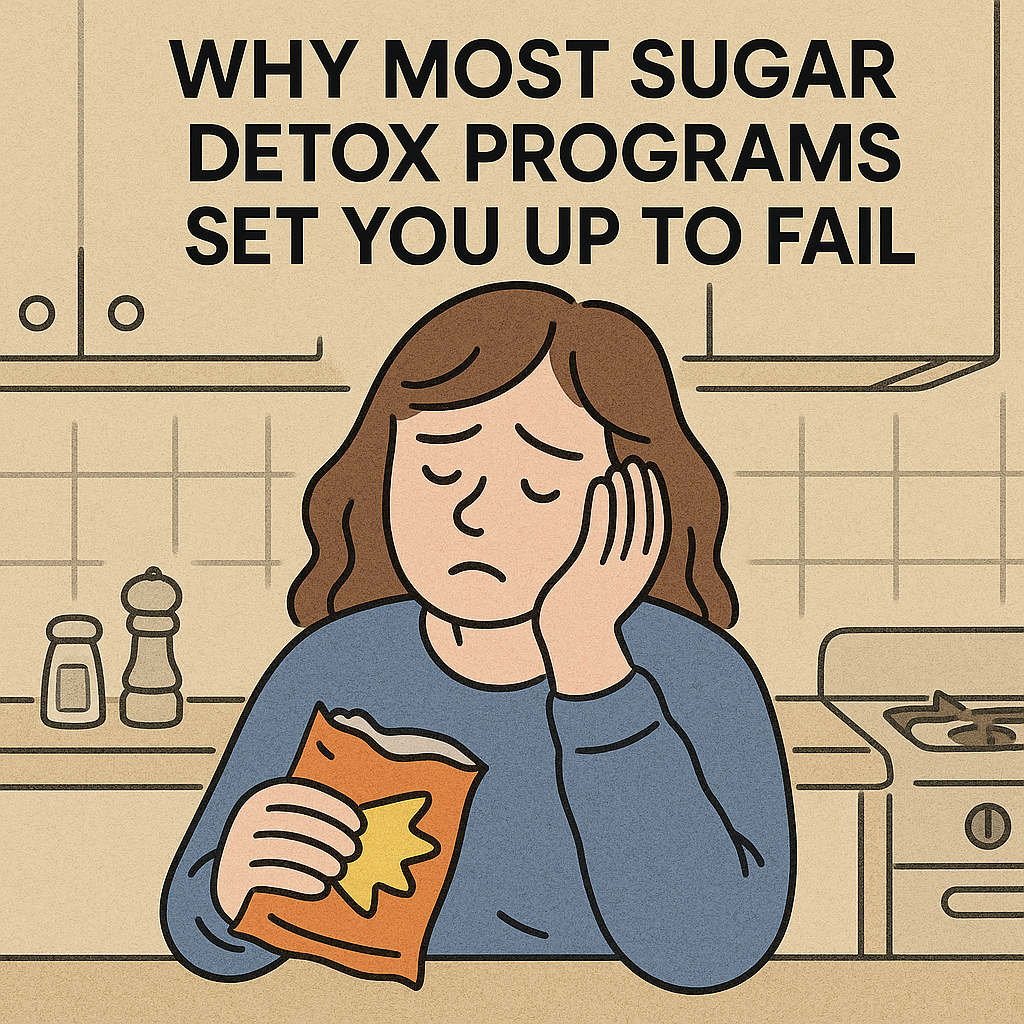
And what you can do right now to break free from Sugar Addiction FOR GOOD
Sarah’s Story: The Sugar Detox Rollercoaster
Sarah stared at the empty cookie package in her hands, feeling that familiar wave of shame wash over her. Just three days ago, she’d proclaimed to her family that this time would be different – she was finally going to conquer her sugar addiction with the latest 21-day sugar detox program.
“I’ll just white-knuckle it,” she had told herself. “How hard can 21 days be?”
Now, surrounded by crumbs and self-doubt, Sarah realized she was trapped in the same cycle that had haunted her for years. Sound familiar?
It takes profound courage to look inward and admit you may need more information and support for sugar addiction – any addiction, really. If you’ve ever found yourself in Sarah’s shoes, promising yourself that today is the day you’ll quit sugar, only to find yourself back in the pantry hours later, you’re not alone.
If you feel you’ve tried every sugar detox on the market and failed… if you’ve isolated sugar as your stumbling block in weight loss and health but feel “there must be something you’re missing”… if you’ve tried sugar detox for beginners programs before with minor successes but couldn’t develop them into long-term lifestyle changes… please read on.
The truth is, most sugar detox programs are just yo-yo diets in disguise, setting you up for the very failure they promise to prevent. This article will show you a proven way to succeed with sugar while retaining your sanity, your family, your friends, and your career.
The Hidden Truth About Sugar Detox for Beginners
Here’s what the sugar detox industry doesn’t want you to know:
The info you need to detox for 10 days is completely different from the info you need to change your lifestyle forever.
Can you relate to any of these scenarios?
- You wake up promising yourself that today you’ll quit sugar; only to find yourself back in it later
- You’ve tried other sugar detox programs with a few days of success followed by a binge
- Your weight has crept up year after year, even just a few pounds annually
- Intense cravings and hunger derail you time and again
- You get strangely emotional when you quit sugar for a few days
- You find yourself hiding sweet treats for when you “need” them
- You struggle with digestion issues like gas and bloating
It’s not your fault. Here’s the real problem: the path to long-term lifestyle changes is the most neglected aspect in this wave of sugar detox programs hitting the market. This is where most people with sugar addiction fail – after the detox or attempted detox.
Take the dramatic example from a National Institutes of Health study that followed 14 “Biggest Loser” contestants. During 30 weeks, they lost an average of 125 pounds per person. But six years later? All but one had gained back most of their weight. University studies show the exact same pattern happens to average dieters and people trying sugar detox programs.
The truth is that 95% of people who lose any amount of weight gain it all back in the first year, and then some add more weight!
Detoxes are not a permanent fix. Sugar detox only addresses part of the problem when it comes to sugar addiction.
Why Current Sugar Detox Programs Miss the Mark
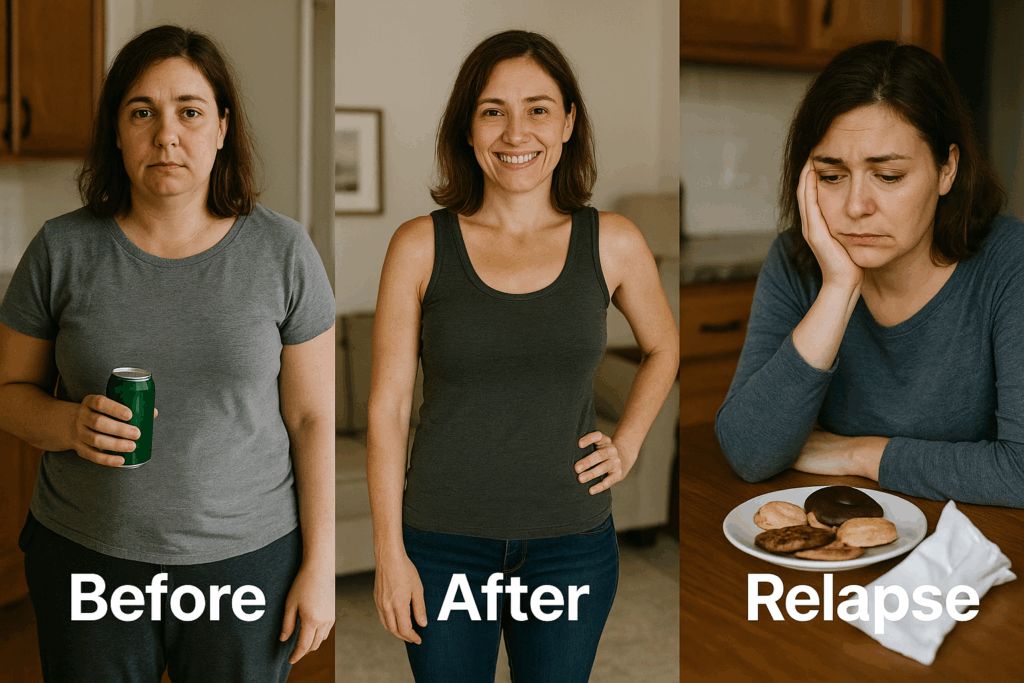
I appreciate all the sugar educators promoting detox programs.
They’re doing excellent work raising awareness about the need to examine sugar intake and the real dangers of long-term heavy sugar use. But for most of them, their “sugar detox” programs are just offshoots of other diets – Keto, Paleo, Vegan, Vegetarian, and countless others.
Getting off sugar is the main component in 98% of all well-researched and effective diets. But here’s the challenge: lots of our clients could follow every part of their chosen diet except getting off sugar!
Many diet, wellness, and health professionals send us their clients specifically to help them overcome sugar addiction so they can then implement their diets effectively.
Why? Because helping people detox from sugar and make the required lifestyle adjustments so they don’t have to detox again and again – that’s all we do.
A second issue is that most sugar detox programs focus solely on food and timeframes. But success with quitting sugar isn’t just about the food, the number of days, or the absence of sugar. Even when folks succeed with initial sugar detox, almost everyone returns to sugar and gains all their weight back (and then some) within the first year. The research on this is overwhelming and clear.
The 4 Sugar Detox Myths Keeping You Trapped
After decades of helping people like Sarah break free from sugar addiction, we’ve identified four critical myths that sabotage sugar detox success.
Understanding these will reframe how you think about sugar in your life.
Myth #1: Short-Term Sugar Detox Programs Create Long-Term Change
The Reality: Getting off sugar for 30, 60, or even 90 days is a blatant setup for yo-yo dieting in disguise.
Most sugar detox programs focus on just two things: restrictive food lists and arbitrary timeframes like 10 or 21 days. Their marketing emails feature pretty pictures of foods you used to make with sugar, attempting to create “sugar-free” versions. These images trigger you to desire sugar more (this is a proven fact).
Sure, anybody can “white-knuckle” their way through a few weeks, bite their tongue, lose a few pounds, and temporarily feel better. Most of us have done exactly that. But the goal isn’t detoxing and stopping for a few days or weeks – it’s lifetime control and lifestyle change.
Current sugar detox programs tell you what you can and cannot eat, and then fill their books with recipes.
We’ve had countless people come to us from other detox programs with varying degrees of temporary success. When you remove sugar—even briefly—you feel better, perform better, and lose weight.
The problem comes after the sugar detox. Really, it starts during the initial detox with a lack of proper training and information. Almost everyone returns to sugar after these “grit your teeth and bear it” type programs.
Here’s something almost no one has heard before: most folks attempting sugar detox aren’t eating enough food, not by a long shot!
People have become so accustomed to “restricting foods” to lose weight that they think they’ll gain weight when they see our eating plan. It seems like way too much food!
But remember, in the past you were eating seriously low nutrient-density food products – not real food. When you start other sugar detox programs, actual whole foods seem overwhelming. You get a few days or a week sugar-free, then end up binging because you didn’t understand what was happening emotionally or physically.
The solution is simple: you must not feel deprived but even more alive with your new food choices. You have to reframe the “I feel restricted” mindset and change your relationship with your new foods and behaviors.
Myth #2: Sugar Detox Is Just About Willpower (The Emotional Component Gets Ignored)

The Reality: Sugar detox success requires mastering what we call Emotional Interruption Techniques.
To successfully complete sugar detox, you must understand what changes will happen to your brain and emotions in the process. Change and recovery from sugar overuse is a process – not an event (not even a detox event).
Many people have experienced this: you start to reduce or eliminate sugar and it feels like someone died. In reality, someone did – or at least you’re experiencing not only physical withdrawal but also grieving the loss of a close friend, and for some, a lover of many years.
Over the years, we’ve seen very predictable patterns emerge. When you’re in the throes of withdrawal, it’s difficult to separate actual physical sugar withdrawal from your mental state (or what you think and feel is your mental state at the time). That’s why you need a guide – someone who has traveled this path before – and fellow travelers who understand where you are.
Sugar was always there for you. It didn’t talk back and comforted you when mere mortals could not. Sugar addiction has been tied to so many negative outcomes that understanding this emotional component is crucial.
The predictable emotional changes during sugar detox include:
- You may be inexplicably weepy
- You may feel angry for no apparent reason
- You may feel sad without cause
- You may experience mild depression (don’t worry – it’s physical withdrawal, not a mental health issue)
- The stress will likely feel unbearable at times
- A feeling of “impending doom” may envelop you for several days
- When the only thing you can think about is your favorite sugary treat – that thought totally hijacking your mind – that should be your biggest clue.
Understanding this connection between sugar use and our minds and emotions becomes a huge turning point for most of our clients. Once we “connect the dots,” we’re well on our way to sugar detox success.
Bonus insight about cravings and hunger: The growling stomach disappears! My stomach was so loud years ago that you could hear it across the room. Today, 30 years later, it hasn’t growled once in all those years.
Myth #3: Your Family and Friends Will Support Your Sugar Detox Journey

The Reality: Your quest for change will scare your family, friends, and workmates – and they may unconsciously work to undermine your journey to sugar freedom.
They may not realize it (most will be totally unconscious of the fact they’re even doing it), but just think about your past sugar detox attempts. Your family, friends, and coworkers may not be your best support system early in this process.
This ties into brain science – your limbic brain is hardwired to keep you within your tribe. When you change, it threatens the group dynamic. Most people will recognize this pattern from their previous attempts.
The solution: You must gently teach, coach, and lead family, friends, and coworkers to support you. After working with thousands of clients, we’ve developed effective language that meets with positive responses 90% of the time.
Announce your sugar detox intentions first to a coach and peer group of people who want to do the same thing or are actively walking the same path, not to your family and friends initially.
This process requires tremendous support. From our experience, those who go it alone usually take longer or don’t succeed at all.
We call them “re-starts” – folks who return after going out and doing a little “research and development” (translation: going back to sugar).
Myth #4: You Can Tough Out Sugar Detox Alone
The Reality: Self-care isn’t optional during sugar detox – it’s foundational.
Here’s a hard truth many of our clients recognize: “If someone else talked to me the way I talk to myself, I’d beat the crap out of them.”
You must deeply understand what you need regarding self-care during this process. Most people don’t (another true fact), so we need to build a support system around you for the tough times – and there will be tough times.
You need to develop these new practices, skills, and habits before you actually need them (like during the initial sugar detox). As they say on airlines: “Put your oxygen mask on first.”
This seemingly simple concept trips up many people. We get lots of pushback from folks who argue it has nothing to do with quitting sugar and that they just need a menu and instructions.
Self-soothing without sugar is critical. Since childhood, most of us have used sugar unconsciously to soothe bad, painful, or hard-to-handle feelings. When we quit, we need replacements ready to go.
The idea of genuine self-care is so foreign that it becomes a common sticking point. We’re used to self-deprivation like carb restriction and dieting. How did we all reach adulthood without learning that being kind to ourselves was an option?
Practicing self-care is the antidote to negative self-talk, poor body image, and inability to take action (or taking the wrong action). Self-care is defined simply as being kind to yourself – mostly through self-talk, but also through little acts of kindness you’ve been putting off or doing for others instead of yourself.
Many sugar addicts are people pleasers. Do you feel you’re “doing” for everyone in your life except yourself? We need these practices in place and ready before we need them, just like any physical or mental practice.
The Science Behind Sugar’s Grip on Your Health
Why is sugar addiction so powerful? Research documents found 147 ways sugar ruins your health. Here are some key findings:
Physical Health Impacts: Sugar can suppress the immune system, upset mineral relationships in the body, cause hyperactivity and anxiety in children, produce significant rises in triglycerides, reduce defense against bacterial infections, cause loss of tissue elasticity and function, reduce high-density lipoproteins, lead to chromium and copper deficiencies, interfere with calcium and magnesium absorption, weaken eyesight, and cause hypoglycemia.
Disease Connections: Sugar leads to cancer of the breast, ovaries, prostate, and rectum. It can cause tooth decay, contribute to obesity, increase the risk of Crohn’s disease and ulcerative colitis, cause changes in gastric or duodenal ulcers, contribute to arthritis, cause asthma, assist the uncontrolled growth of Candida albicans (yeast infections), cause gallstones, heart disease, appendicitis, multiple sclerosis, hemorhoids, and varicose veins.
Mental and Cognitive Effects: Sugar can cause drowsiness and decreased activity in children, contribute to depression, worsen ADHD symptoms, cause learning disorders, reduce learning capacity, contribute to Alzheimer’s disease, cause dizziness, and in rehabilitation camps, when children were put on low-sugar diets, there was a 44% drop in antisocial behavior.
Metabolic Consequences: High sugar intake increases advanced glycation end products (AGEs), interferes with protein absorption, causes food allergies, contributes to diabetes, can cause toxemia during pregnancy, impairs physiological homeostasis of many body systems, lowers enzyme function ability, can cause permanent alterations in how proteins act in the body, and increases liver size and fat content.
The pattern is clear: sugar is an addictive substance that can be intoxicating, similar to alcohol. It feeds cancer, combines and destroys digestive enzymes, converts to 2-5 times more fat in the bloodstream than starch does, and promotes excessive food intake in obese subjects.
Understanding that you’re dealing with an actual addiction, not a character flaw or lack of willpower, changes everything about your approach to sugar detox.
The Counter-Intuitive Truth About Exercise

Here’s something that might surprise you: you cannot exercise your way out of sugar addiction, regardless of what you’ve heard. Put those running shoes away for now.
We have a coach who is an ultra-marathoner and was running 100 miles a week (you read that right) and still couldn’t get off the last 15 pounds of excess fat!
We exercise to help heal, restore, and recalibrate our feel-good brain chemicals – not for any “calorie deficit” nonsense. Exercise is part of the healing process, but it’s not the solution to sugar addiction.
Your Path Forward: Breaking Free for Good
The good news?
We’ve been having success for decades with people just like Sarah, and we can walk you through this process with minimal pain. Our years of experience helping folks regain their lives, proper weight, and health have shown us that our proven system works – if you’re willing to let us help.
You can skip all the landmines because we’ve already walked this path and mapped it out. Eliminating the stopping and starting of yo-yo dieting can also propel you exponentially faster than ever before.
Success requires addressing four components simultaneously:
- Proper Nutrition Strategy – eating enough real, whole foods rather than restricting
- Emotional Regulation Tools – replacing sugar’s soothing function with healthy alternatives
- Community Support – connecting with people who understand your journey
- Self-Care Practices – developing kindness toward yourself throughout the process
The Bottom Line: If you really want to break free from sugar addiction, you can do this. You can control sugar in your life and regain your health. But success requires understanding that recovery from sugar overuse is a process, not an event, not even a detox event.
Whether you’re dealing with established sugar addiction or just beginning your first sugar detox for beginners program, remember that lasting change comes from addressing the whole person – body, mind, and emotions – not just restricting food for arbitrary timeframes.
The path exists. The support is available. You will be emotional during this process – and that’s completely normal and expected. The question is: are you ready to step off the sugar detox rollercoaster and create lasting change?
But you’re not doing this alone.
We created the 30 Day Sugar Detox Challenge for people exactly like you. This isn’t some generic plan. It’s a step-by-step system designed by people who have lived through it, studied it, and guided thousands to freedom.
You’ll get daily structure, expert guidance, emotional tools, and a community that actually gets it. We’re not here to sell willpower. We’re here to walk with you through the tough parts, so you can finally detox from sugar for good and take your life back.
If you’re ready to stop circling the same mountain, this is your map out.
We’re here. You just have to take the first step.



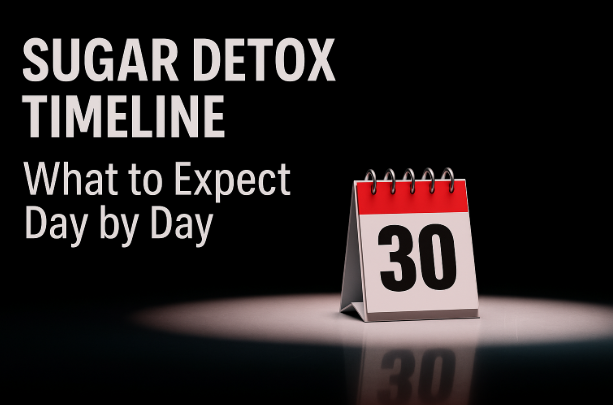

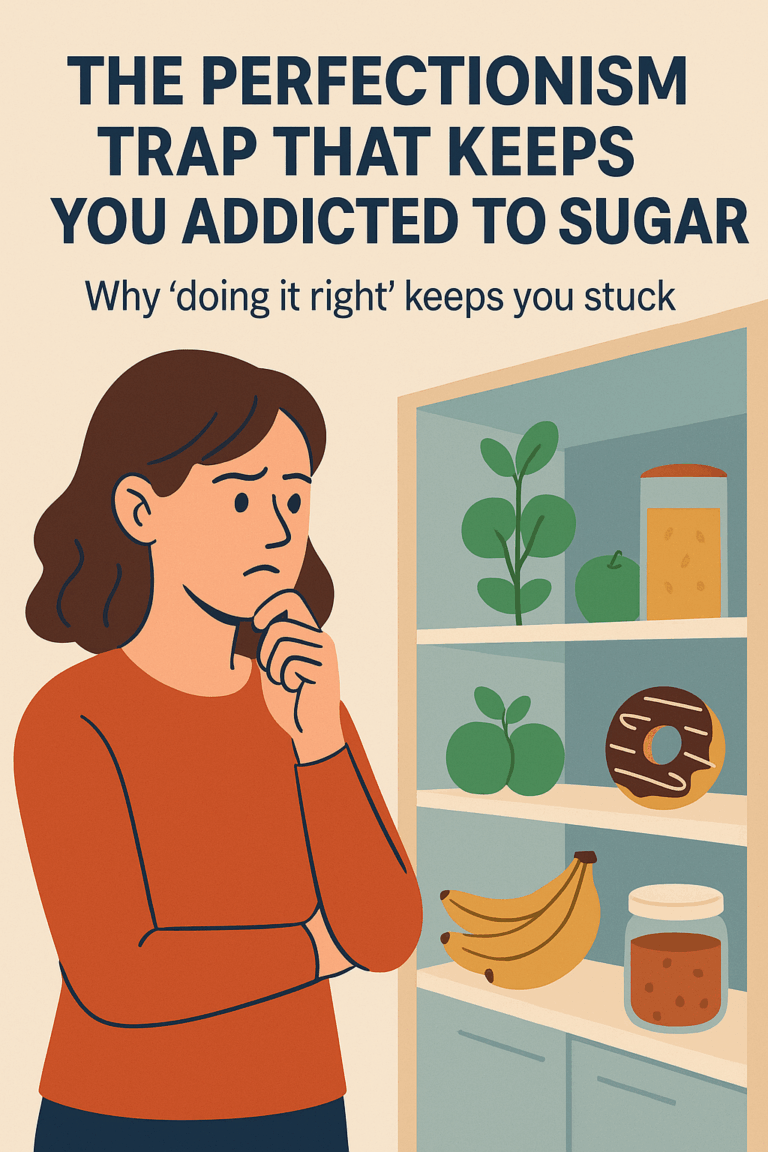
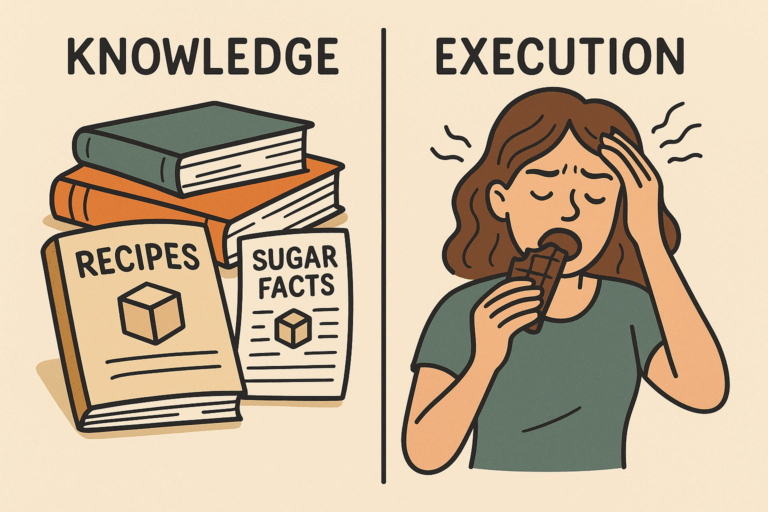
d76oyg
Hey, just tried out tg299game. Solid gameplay, quick loading. A decent way to kill some time. Check it out if you’re bored! tg299game